Investment zones an attack on nature, say wildlife groups
- Published
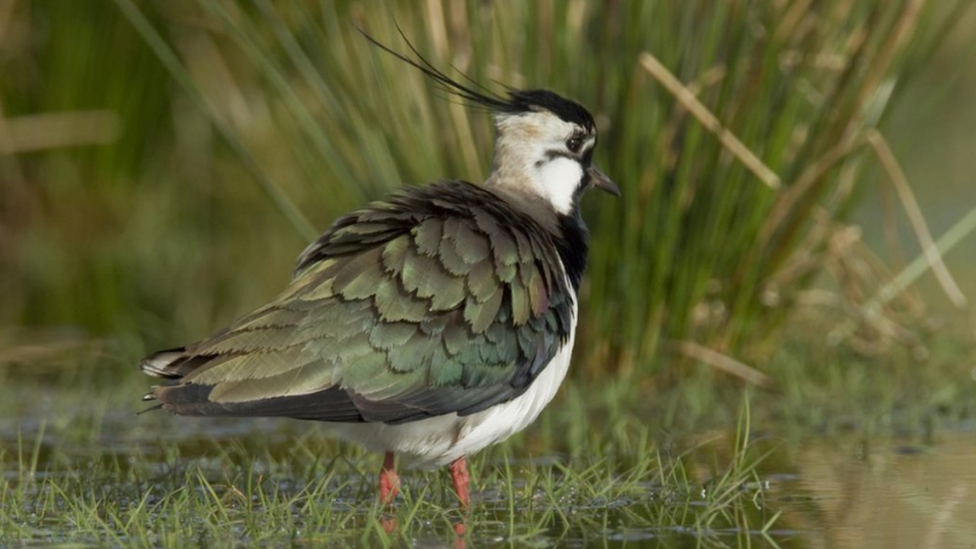
Wading birds like the Lapwing Vanellus vanellus are under threat
The government's new plan for investment zones across the country has caused fury among wildlife groups.
The RSPB, which has a million members, has labelled it an "unprecedented attack on nature" that could "silence the dawn chorus".
Levelling Up Secretary Simon Clarke has insisted the zones are not "a developers' charter".
But many charities, including the National Trust and Shropshire Wildlife Trust, are unconvinced.
River Severn flooding in Shropshire seen from the air
The government's investment zones include plans for a relaxation of planning rules to allow business development, which ministers said would be "consent-driven".
Conservation groups fear the repercussions if environmental protections are relaxed to encourage development.
RSPB operations director Jeff Knott told BBC Radio Shropshire the ornithological charity was "absolutely furious" about the government "trashing" environmental protections.
He said the investment zones announcement followed the removal of other "basic site protections" for habitats and changes to farming subsidies.
"We're absolutely furious about this," he said.
"We've seen the announcement of so-called investment zones where there are vague plans to remove environmental protections and allow pretty much anything to be built anywhere - they sound much more like destruction zones than investment zones to us.
Allow X content?
This article contains content provided by X. We ask for your permission before anything is loaded, as they may be using cookies and other technologies. You may want to read X’s cookie policy, external and privacy policy, external before accepting. To view this content choose ‘accept and continue’.
Allow X content?
This article contains content provided by X. We ask for your permission before anything is loaded, as they may be using cookies and other technologies. You may want to read X’s cookie policy, external and privacy policy, external before accepting. To view this content choose ‘accept and continue’.
"When you take all these things together it looks like an unprecedented attack on nature and we're here to be the voice for nature.
"When we're faced with plans that we think would lead to concreting over vast swathes of our beautiful countryside and silencing the dawn chorus, we have no choice but to fight back."
Conservation groups across the country, including the National Trust and the Wildlife Trust, have supported the RSPB's call for supporters to write to their MPs about the "ridiculous proposals".

Case study: Flooding and farming fears in Shropshire
Campaigners in Shropshire, which had some of the worst flooding in the country earlier this year, say they could be particularly badly hit by any planning relaxations.
There are already five West Midlands councils on the investment zone shortlist, with further applications still being invited by the government.
Shropshire environmental campaigner Christian Dunn said there was serious concern about the removal of planning rules aimed at protecting the area from flooding and water pollution.
Dr Dunn, who works for the University of Bangor's School of Natural Sciences, said: "That means we could potentially see buildings being built where they would not have been allowed before because of concerns for the natural world.
"By having more concrete and less land for rainwater to soak away, we get higher water levels during storm events and we increase the chances of flooding.
"Building more houses with inadequate drainage systems means we're adding pollution to our rivers and seas and if we don't get the underlying planning rules right that will only get worse."
The Dasgupta government report, welcomed by former prime minister Boris Johnson, external last year, had stressed how protecting the natural world and the UK economy were "completely embedded in each other". The report said: "If we want a strong economy then we must look after nature as well."
Allow X content?
This article contains content provided by X. We ask for your permission before anything is loaded, as they may be using cookies and other technologies. You may want to read X’s cookie policy, external and privacy policy, external before accepting. To view this content choose ‘accept and continue’.
Shropshire Wildlife Trust CEO Richard Grindle said the government plans were "bad news" for rural and predominantly agricultural areas such as Shropshire.
Mr Grindle said he was particularly concerned about the impact on farming in the county, which is currently controlled by the Environmental Land Management Systems (ELMS), rewarding good stewardship and not simply land ownership.
He said: "Last year we had the food security review and that said protecting nature - our soils, our rivers, our climate - is essential for food security. So why they're contemplating doing these things now we just don't understand.
"We're not anti-farmers, they are the people who manage our land and look after it for future generations, and most of them care deeply about nature and want to do the right thing.
"It's the farming system of subsidies, protections and rules that prevent them from doing that and the government is taking a big step backwards if it does this."

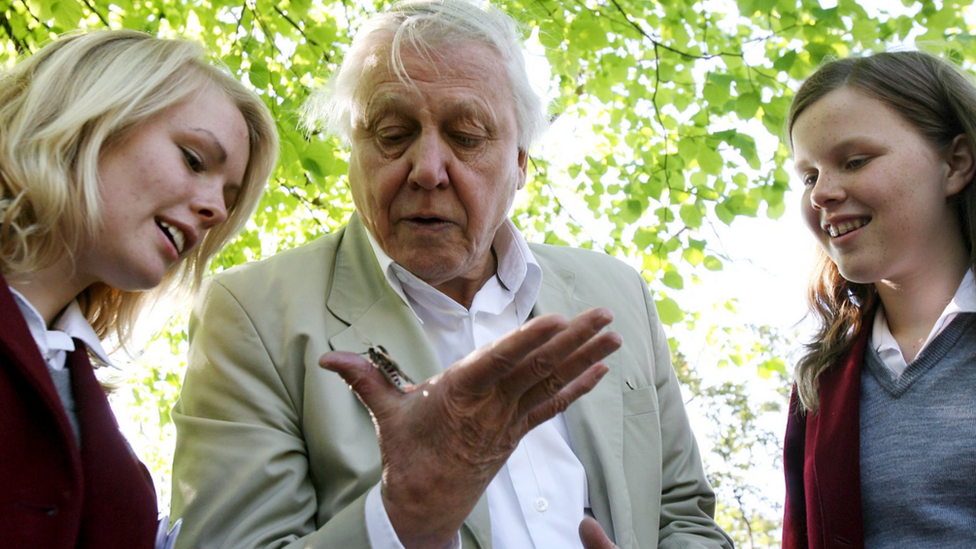
Naturalist David Attenborough, seen here at London Zoo campaigning to halt the decline in Britain's moth population, welcomed the Dasgupta report
Secretary Of State for Levelling Up, Simon Clarke, insisted the investment zones plans had local democracy and consent at their heart.
He said: "Investment zones are a very targeted opportunity to unlock economic growth.
"It's for local authorities to bring forward proposals, so bottom up rather than government leading top down, and it's a consent-driven process.
"It involves much lower taxes for businesses in these zones and enhanced planning freedoms so we can actually get projects moving."

Follow BBC West Midlands on Facebook, external, Twitter, external and Instagram, external. Send your story ideas to: newsonline.westmidlands@bbc.co.uk , external
Related topics
- Published23 February 2022
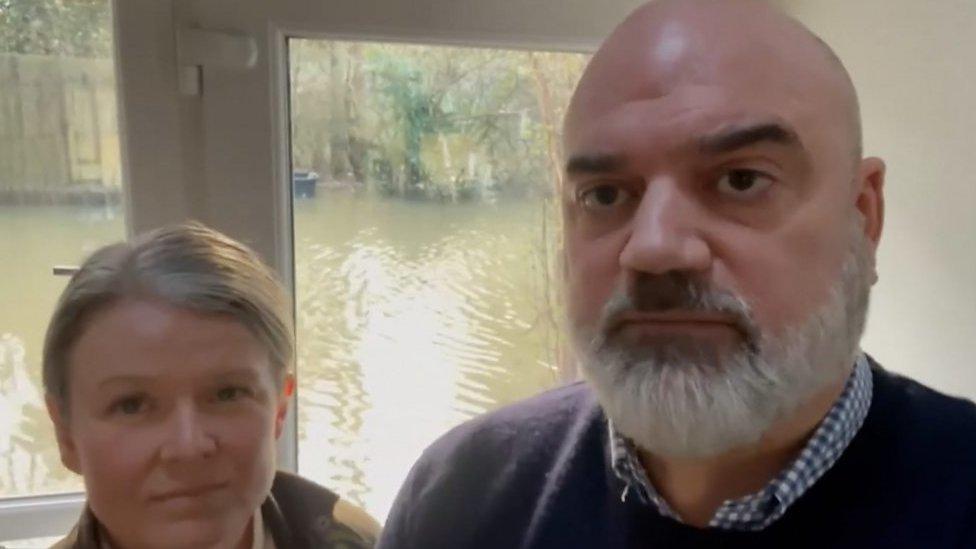
- Published5 October 2021
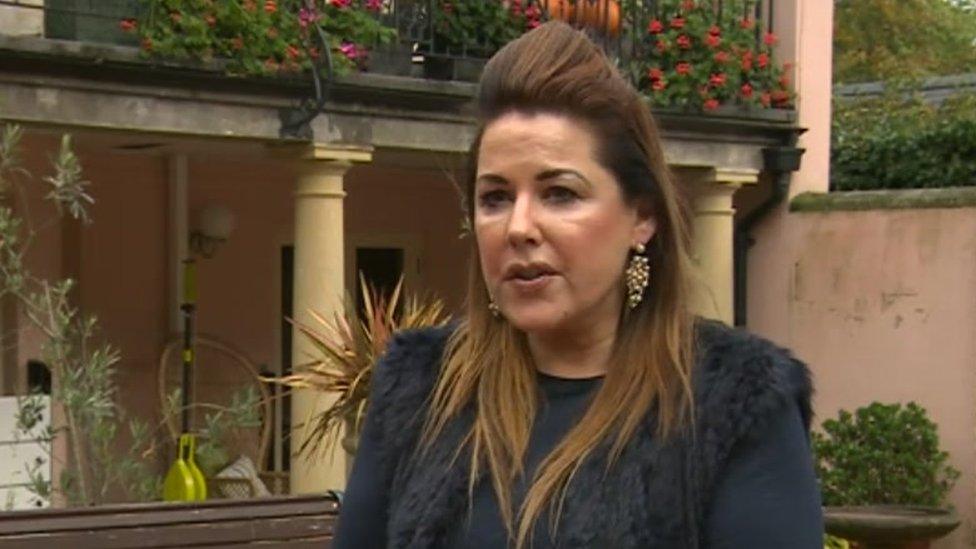
- Published21 February 2022
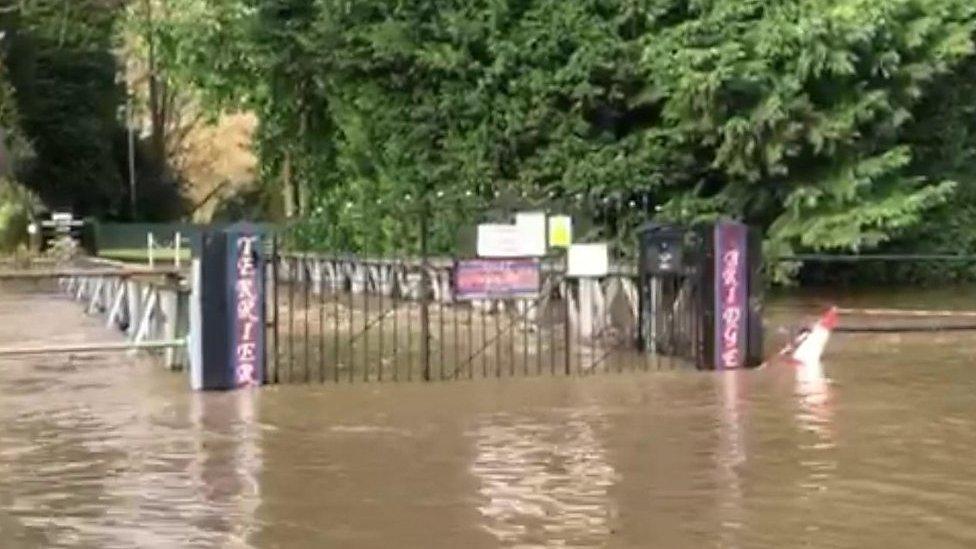
- Published3 July 2012
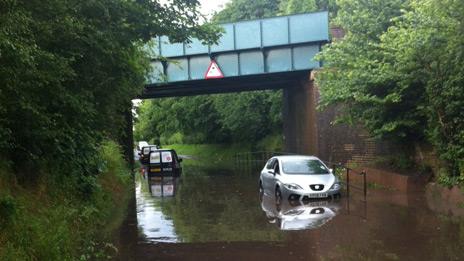
- Published21 September 2022

- Published26 May 2022

- Published26 March 2022
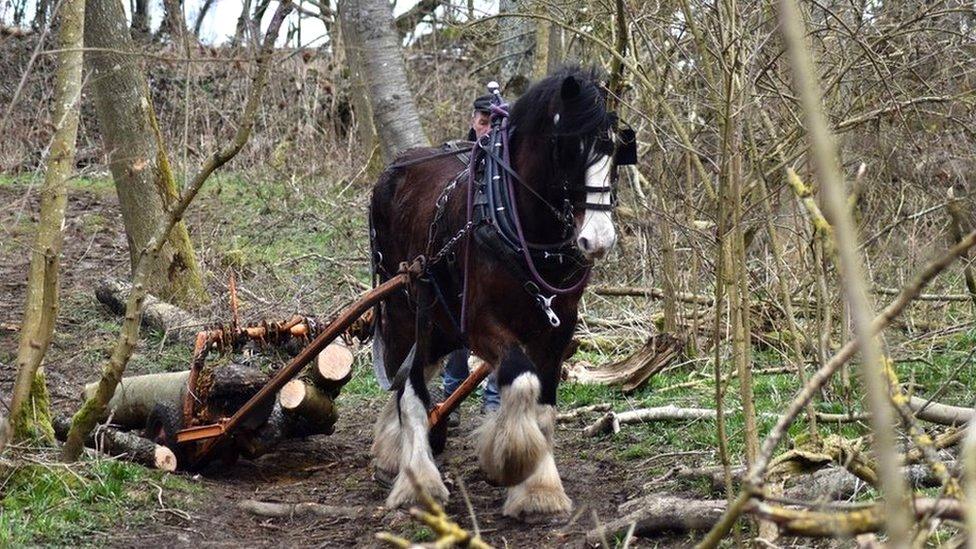
- Published22 March 2024
